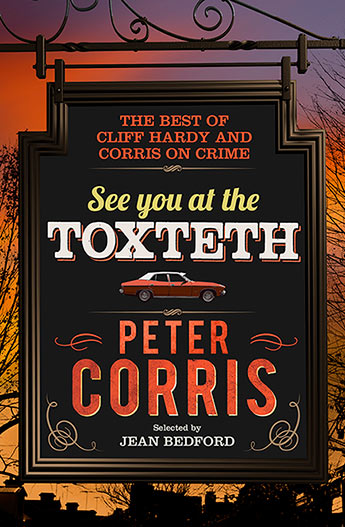 See You at the Toxteth
See You at the Toxteth
by Peter Corris
Allen & Unwin
Peter Corris, who has been described as the Godfather of contemporary Australian crime-writing, died a year ago. His first novel, The Dying Trade, in 1981 introduced the Aussie private investigator Cliff Hardy to the world. He was a big drinker, a larrikin, a womaniser and a fighter and 42 books tell of his exploits. Corris’ final book Win, Lose or Draw was published last year when his diabetes-related blindness had almost advanced too much for him to see.
Cliff Hardy lives in Glebe and drinks at the Toxteth Hotel (the actual hotel still exists and still has meat raffles) and over the years has seen changes in Australian society as he makes his way through some of Sydney’s seedier locations. The first half of See You at the Toxteth is a collection of short stories showing the adventures of Cliff Hardy from 1984 to 2007 that were originally written for publication in magazines or anthologies.
The stories fondly recreate seedier parts of Sydney as Hardy solves crimes for some of the battlers that make the place. As editor Jean Bedford says, these clever and humorous stories chronicle Sydney as the values of the people change over time and “open small windows out to a larger world”.
Before the Cliff Hardy thrillers, publishers thought that nobody wanted to read crime fiction that took place in contemporary Australia. Corris proved them wrong and wrote other series as well as historical fiction and several non-fiction books including biographies of Fred Hollows and Ray Barrett.
The second part of the book, ‘An ABC of Crime Writing’, shows Corris’s knowledge of the art of writing crime fiction. His original intention was to write about crime writers he admires, but he found himself offering (often humorous) suggestions and strategies for budding writers. As he said, “there is interest and pleasure to be found every time the social fabric is torn by a homicide and the effort is taken to restore it … temporarily.”
Lezly Herbert






